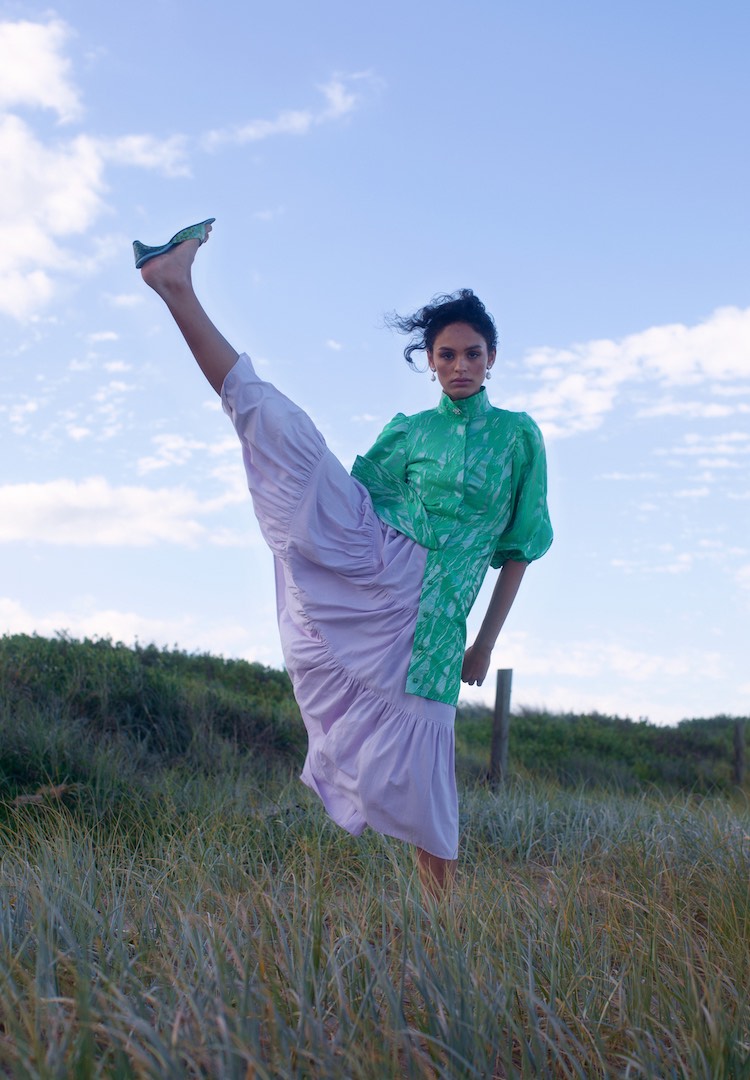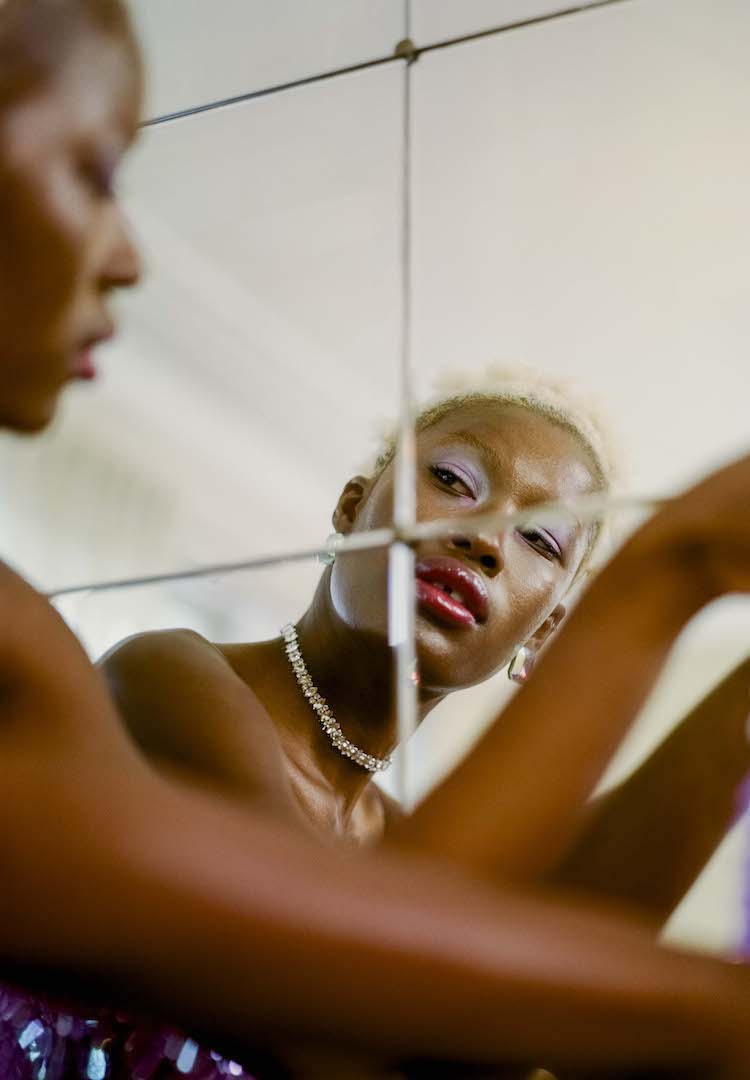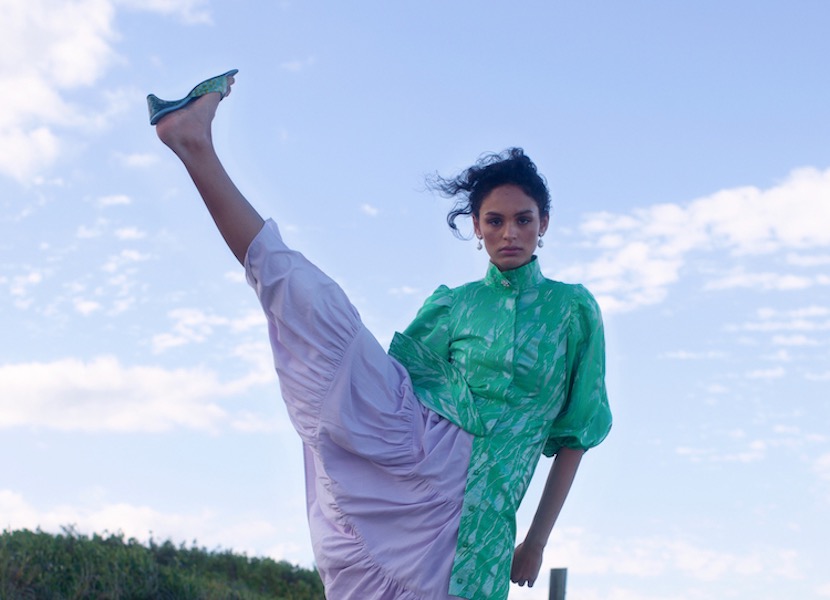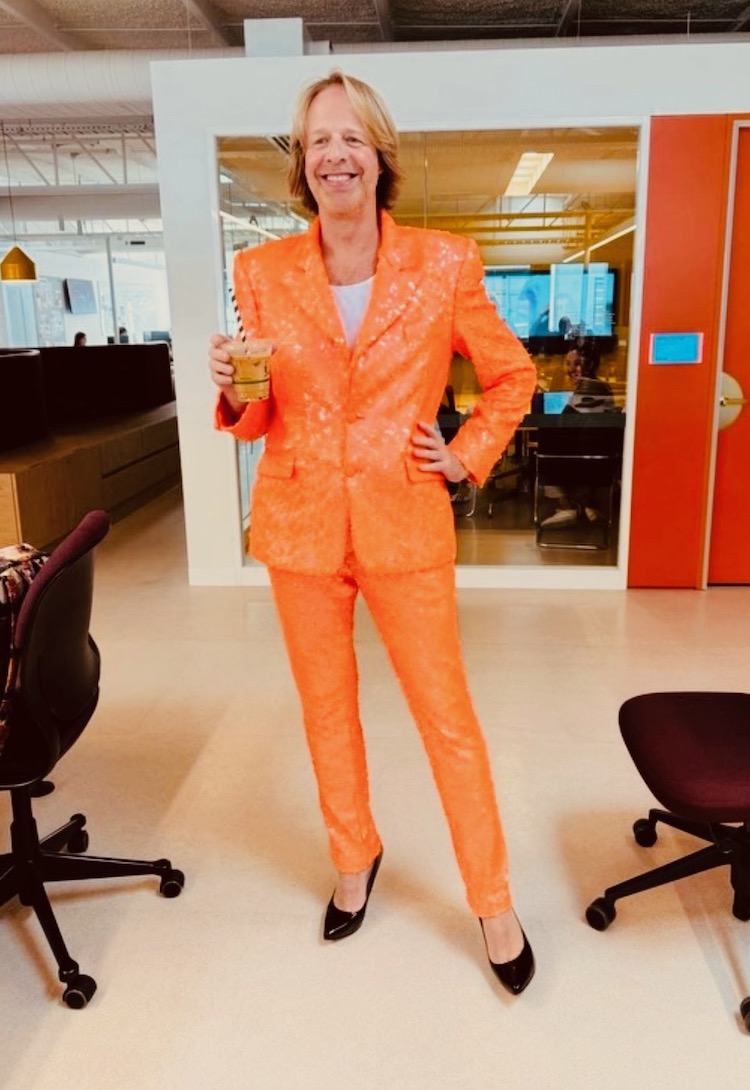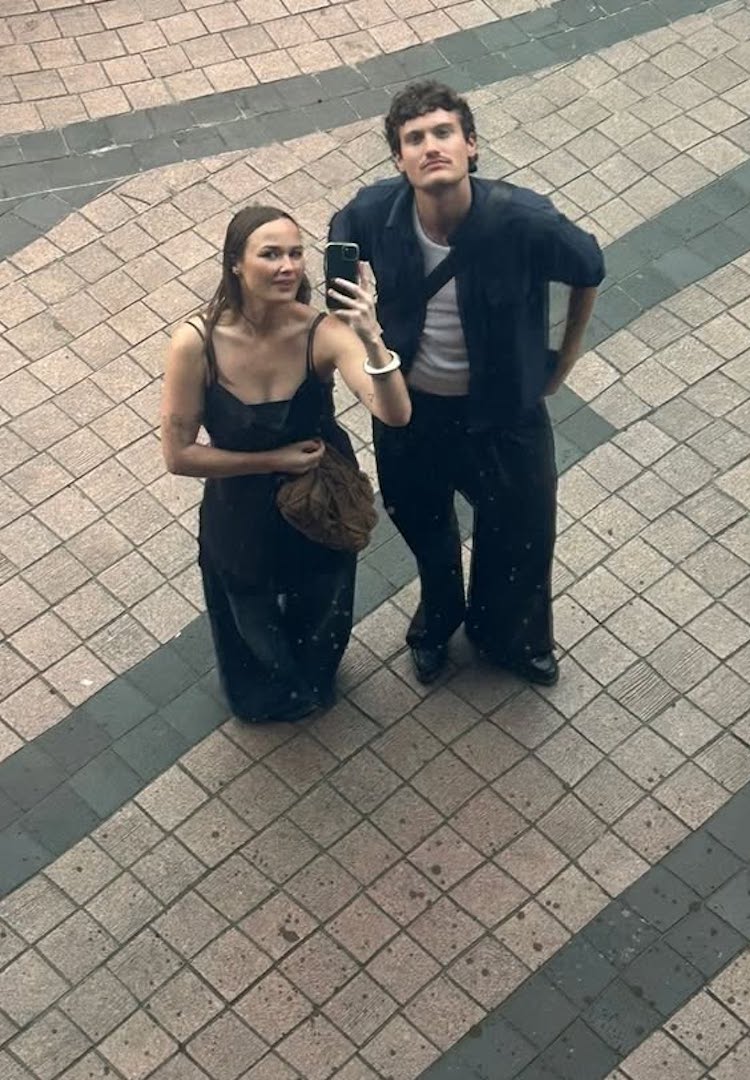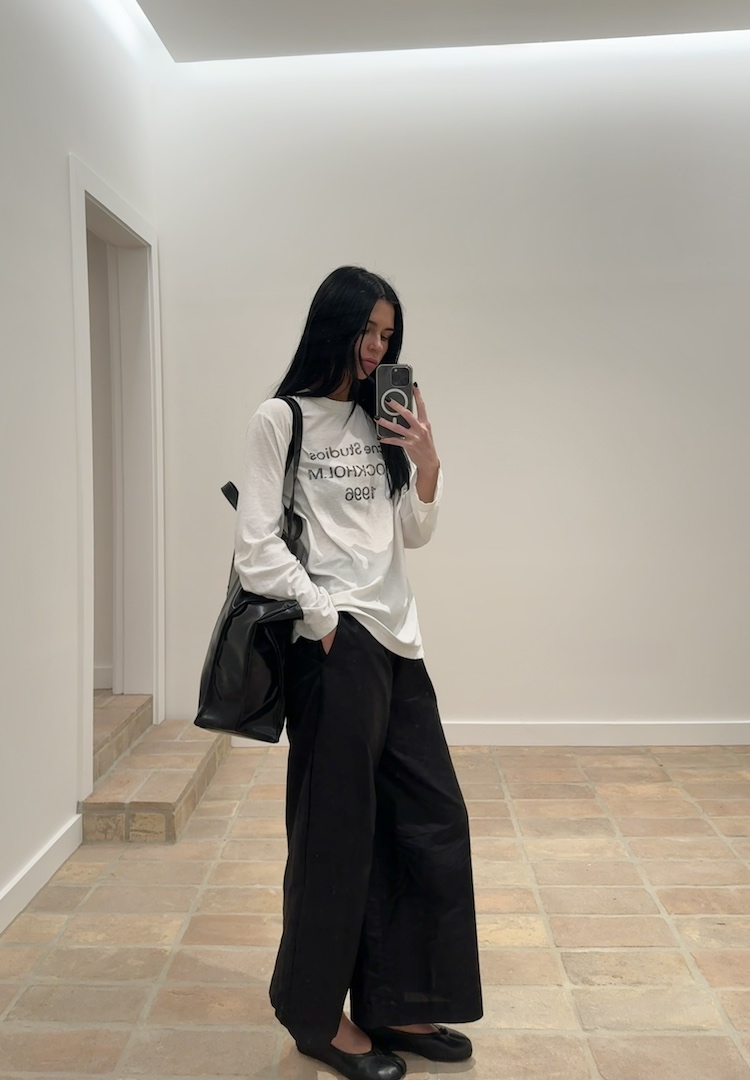I want to leave work-related anxiety in 2020, so I spoke to Smiling Mind’s CEO to find out how
PHOTOGRAPHY BY BETH HARRIS
WORDS BY ISABELLE SACKS
Let’s hit reset.
I don’t know about you, but as we slide into February, I’ve noticed the back-to-work blues slowly creeping in. My New Year’s resolutions to meal prep for weekdays have been abandoned in favour of UberEats, and the stress is ramping up as work begins to pile on.
Nevertheless, I’m resolute that I will not let 2021 be another year of work-related anxiety ruining my plans to be a boss ass bitch. So, to get some expert advice on how to press reset in 2021 and keep the stress at bay, I spoke to Dr Addie Wootten. She’s a clinical psychologist and the CEO of Smiling Mind, Australia’s most popular meditation and mindfulness app.
Looking to procrastinate in a productive way? Subscribe here and we’ll send more great reads straight to your inbox.
Having read the results of Smiling Mind’s State of Mind 2020, a survey of 1,000 Australians on mental health and wellbeing, two stats immediately jumped out to me. 18.6 per cent of respondents reported finances as their greatest barrier to better wellbeing, while 17.9 per cent of respondents reported work as their greatest barrier.
While money and career always rank high on the list of stressors, Dr Addie tells me that these pressures may be amplified given that more Australians are out of work, experiencing job insecurity or dealing with financial difficulties compared to the year prior.
Work-life balance isn’t realistic, so stop being so hard on yourself
Working from home made a lot of us acutely aware of the importance of setting boundaries when it comes to letting the stress of work sap our energy at all hours of the day. “Rather than letting it seep into everything that we do, actually set time aside to do work if we need to or want to,” Dr Addie says.
The important thing here is being conscious about how we mark transitions between work and personal time. If you’re working from home, Dr Addie recommends getting outside for a walk or even just moving to another room when you’re finished for the day. Putting a stop to the ‘screen with work on it to the smaller screen with not-work on it’ trajectory that I find myself on every night is a great first step in creating boundaries.
But even if you’re back in the office, Addie encourages avoiding black or white thinking when it comes to the mythical concept of work-life balance. “I think a lot of us hold a utopian view that we should have very different work and home life, and that can actually make things harder for us because the world that we live in nowadays is so connected,” she says. We need to be way more intentional about when we’re on and off the clock, but we also don’t need to beat ourselves up for checking email outside of work hours if it’s actually going to make us less stressed.
Try unitasking
Often, I find that my stress at work builds as hundreds of points on a to-do list tumble into one insurmountable mountain, which is where unitasking can come in. Taking some time to break everything down into achievable tasks and then doing them one at a time can both make things feel less daunting and leave you less frazzled but it will also mean that your work is at a higher standard overall.
“One of the things that I always keep in the back of my mind when I’m thinking about anxiety and stress is that taking action is the best way to manage it. Sometimes we get caught up in that thinking vortex and we can’t get ourselves out of it, but if you do one thing, even if it is a very small thing, it can really help,” Dr Addie explains.
Practice radical acceptance
One of the hardest things about the pandemic and everything surrounding it has been the total lack of certainty. Will I have a job at the end of this year? Will we be in lockdown again? Will being microchipped by Bill Gates by way of the vaccine really be all bad? Unfortunately, you don’t have the answers, and neither does your boss. “Uncertainty has a huge impact on our levels of anxiety, and that’s because humans thrive when we have clear sort of rules or guidebooks or routines. So that’s why we create routines. It gives us that sense of certainty,” Dr Addie says.
Beyond creating a routine, coming to a level of acceptance with uncertainty through mediation or mindfulness can really help. “The beauty of mindfulness practice or meditation is that practising sitting with that uncomfortable feeling that you get when things are a bit uncertain actually helps us deal with uncertainty in a more calm and less reactive way,” Dr Addie explains.
Take your mental health seriously
Dr Addie notes that one of the few pluses of the pandemic has been a greater awareness from employers about the importance of mental health. “I think businesses have been acutely aware of the impact on their staff’s wellbeing over this pandemic. It’s really highlighted the importance of mental health and wellbeing across the board at all ages and demographics,” she says. She just hopes that this awareness is both sustained and converted into proactive action around mental health.
“Rather than waiting until people are unwell and need acute clinical care, we’d love to see more people, businesses and governments investing in prevention-based approaches,” she says. On a personal level, Dr Addie’s advice is to “think about your mental health like you do your physical health,” whether that means doing small things each day like exercise, mindfulness, or even just a contemplative cup of tea for maintenance, and ultimately seeking out professional help if you need it.
For more advice on keeping your mental health in check, head to smilingmind.com.au.


